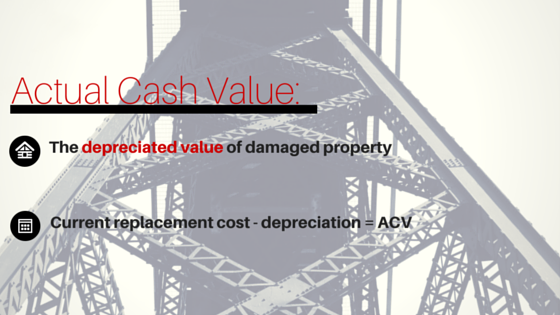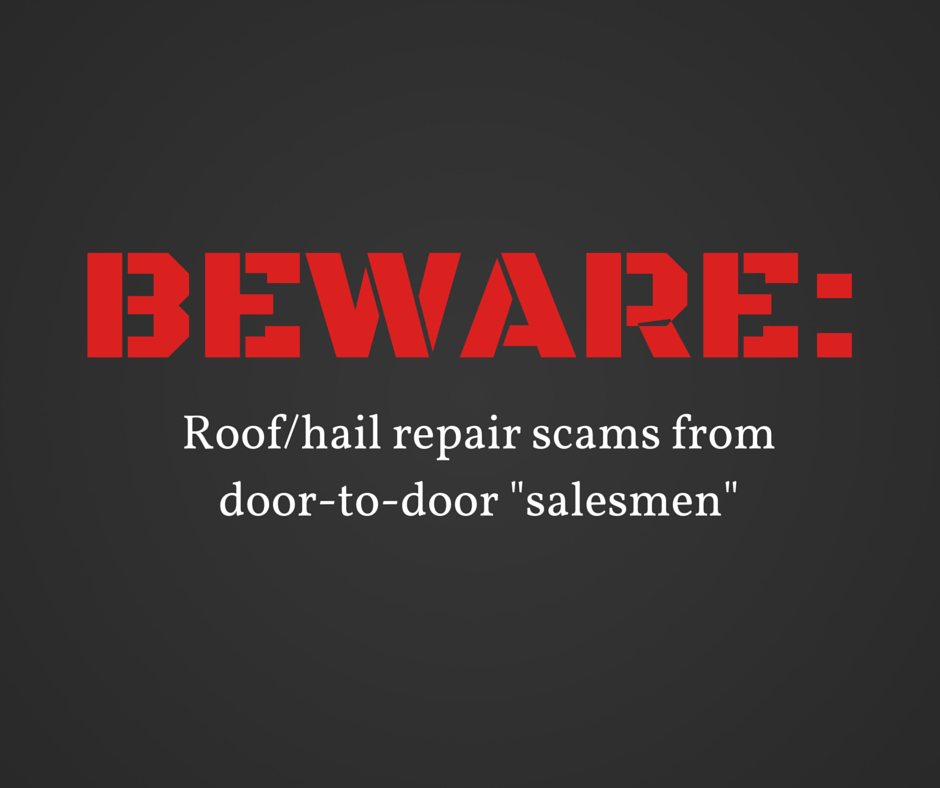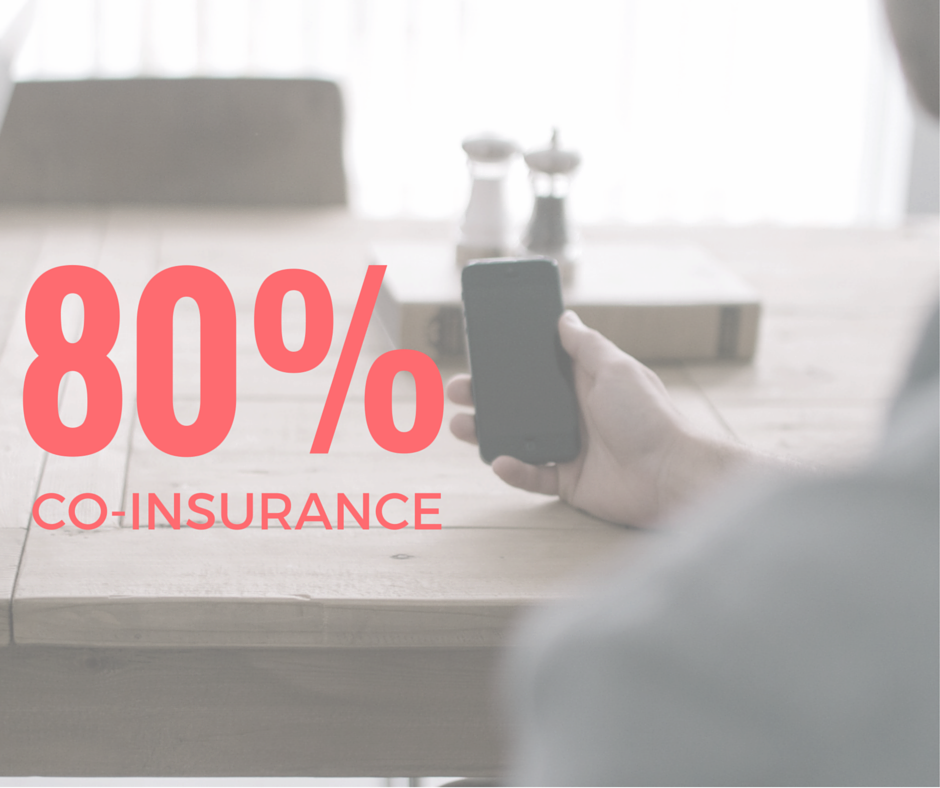It's that time of year again, where motorcycles, mopeds, and scooters are enjoying the summer sun. Remember to stay safe when riding with these tips.Whether you’re traveling alone, with a buddy or with your spouse and a car full of kids, there are few things more “American” than the long-distance road trip. Countless vacation travelers will drive the highways looking for fun and making memories with every mile. If traveling down the “holiday road” is in your plans, take the time to prepare for your trip. You’ll have a more enjoyable vacation if you plan carefully. Here are a few driving tips, courtesy of Zimmer Insurance Group:
1) Maintain your car. Make sure your vehicle is up to date on its maintenance schedule, and be sure to check the battery and tires. 2) Plan your trip and know where you’re going. Call ahead for proper and safe directions to get you to your destination safely and have maps of the area on hand to help you navigate once you are off the main road. You’re more likely to make good decisions, even in dangerous situations, if you’re clearheaded and know where you’re going. 3) Be alert. Seems obvious, but driver inattention is surely the cause of a lot of accidents. If you stay focused behind the wheel and plan carefully, you will have a wonderful summer road trip. 4) Take precaution with a cell phone. Cell phones can be a lifesaver when you need immediate access to emergency services after an accident. Keep your phone within easy reach and get to know its features. However, use it prudently. Reports suggest that driving while talking on the phone increases accident rates. 5) Wear your seat belt. Whether or not it’s required by law in the state through which you’re driving, always wear your seat belt as a safety precaution. 6) Protect your car against theft. Help deter criminals from taking your car with steering wheel locks, switches that disable fuel or ignition systems, and electronic tracking devices. 7) If you’re in an accident. Taking immediate steps if you’ve been in an accident can protect your family and your car from further damage. Stop immediately and make sure your car is not blocking traffic. Turn off your car to keep it from overheating or catching fire. Warn oncoming cars using road flares or orange triangle reflectors. After you have protected yourself and your family, call your insurance company immediately. 8) Make sure your auto insurance is up to date. Before you even leave the driveway, you want to be sure you’re protected when you’re on the road and far from home. An independent insurance agent or broker can provide the personal service and advice you need to travel in confidence. To learn more about what an independent insurance agency offers you, visit progressiveagent.com or contact Zimmer Insurance Group. It's summer, the sun is shining, the weather is warming up and that means it is boating season! Here is a quick guide put together by some of our agents to help get you ready for the water.
Spring is here in Nebraska and if you are like many you are already dealing with severe thunderstorms.
When hail storms, lightning strikes or tornadoes happen you might be digging out your policy to see what you are covered for. If your property is damaged and you file a claim, there are a couple of ways the repair/replacement will take place. You could receive full value replacement, or an actual cash value replacement. So you might still be asking, what exactly does actual cash value mean? When "actual cash value" is used in a policy, a policy owner is entitled to the depreciated value of the damaged property. In other words that means the insurance company takes the Current Replacement Cost – Depreciation = Actual Cash Value of the item. The reason behind this is that it recognizes the reduction of value as the property ages, becomes obsolete, and is subject to wear and tear. In some cases you can talk to your insurance agent and they will guide you on what requirements it takes to have a different valuation method for your items if possible. This method of valuation can apply to personal property, your roof, your actual home, additional structures like awning or window coverings, and etc. Many times “actual cash value” will be abbreviated to ACV. A common example of when ACV is used in a policy is if a roof on a home is getting old or worn down, the insurance company will likely tell you to either replace the roof before something bad happens or that damages will be moved to an actual cash value basis. A homeowner may be asked by a contractor to sign an agreement whereby the homeowner assigns all rights and benefits under his insurance policy to the contractor. The homeowner usually does not even realize he has done this, or doesn’t understand the implications of it.
Why this is an issue is because assignments of benefits are NOT necessary.
Claims are already hard enough to go through and with these storms passing through the area, scammers are already targeting homeowners! If you have suspicions about a contractor that comes to your door, deny the service and find a trusted contractor. If you are unsure about who to trust, work closely with your insurance adjuster and agent. They work with claims frequently and will have trusted business relationships with genuine contractors. We are here to serve YOU first! Insurance carriers require that an insured party insure at least 80% of the property's value in order to collect a partial loss in full.
|
Just for you!This blog is to serve as a learning center created just for you! Have suggestions? Don't be afraid to speak up, we encourage you to send us your thoughts, needs, and wants! Archives
July 2016
Categories
All
|
Services |
Company |
|





 RSS Feed
RSS Feed
